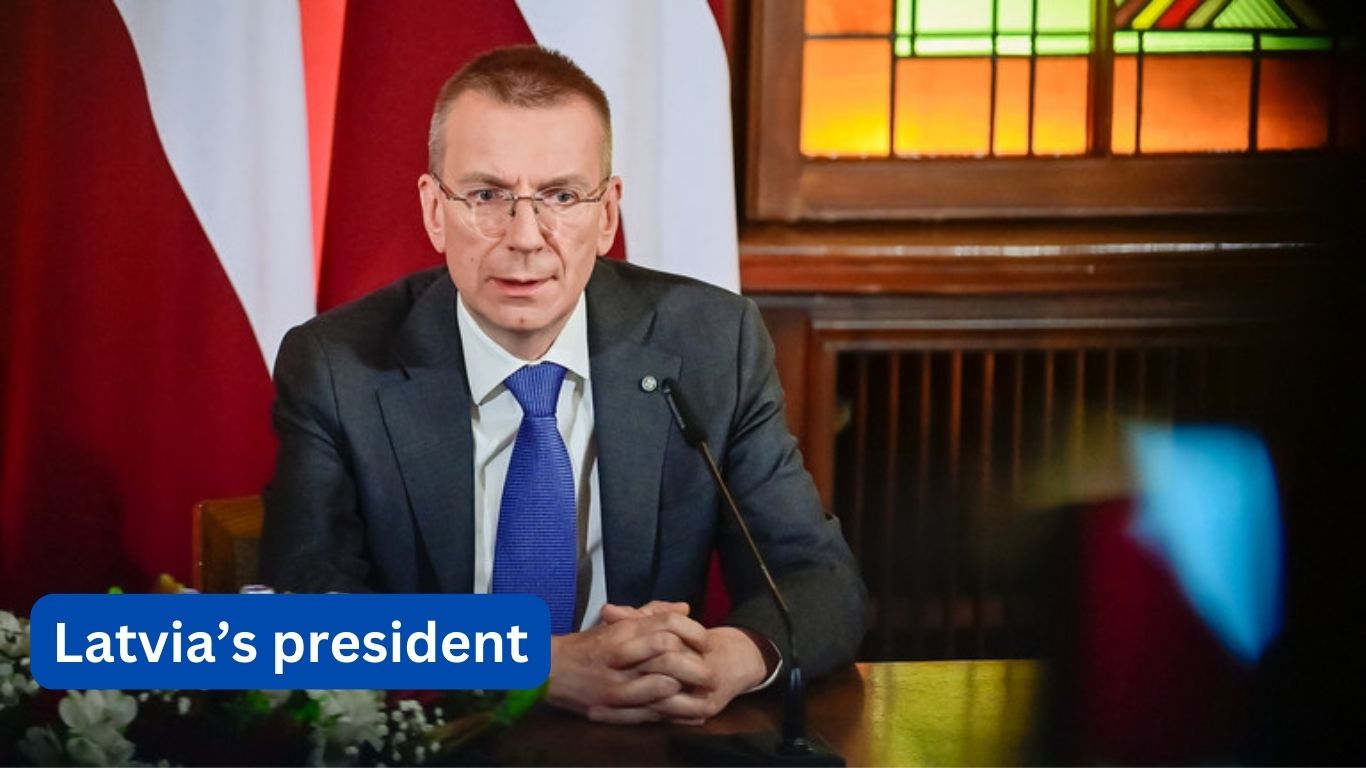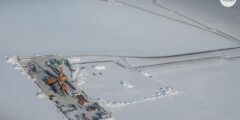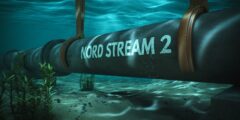Latvian Leader Suggests Baltic Sea Blockade Against Russian Vessels in Wake of Pipeline Incident
Latvian President Edgars Rinkevics has floated the idea of imposing a naval blockade on Russian ships in the Baltic Sea as a possible countermeasure if Russia is found responsible for the damage to the gas pipeline between Finland and Estonia.
In a recent interview with TV3, a Latvian television network, Rinkevics proposed that NATO could consider barring Russian maritime traffic from the Baltic Sea if incidents like the recent Balticonnector pipeline leak are traced back to Moscow. Although the suggestion was specifically aimed at Russian vessels, clarification was later provided by his office to ensure that the proposed blockade would not impact all sea traffic.
Baltic Blockade Proposal Amid Tensions
As of now, no such discussions have taken place within NATO, as the probe into the Balticonnector mishap is still underway. Rinkevics did state, however, that the option of a naval blockade is “on the table” for consideration. He also pointed out that enforcing a blockade would raise several issues related to international maritime law, noting that such an action is generally seen as an act of war under international regulations.
Read:Croatian President Criticizes Display of Israeli FlagThe Balticonnector pipeline, an undersea conduit that links a liquefied natural gas (LNG) import terminal in Finland to Estonia, was abruptly shut down on October 8 due to an unexplained loss of pressure. Finnish President Sauli Niinisto has pointed fingers at an “external party” for causing physical harm to the pipeline and also damaging two nearby data cables.
NATO’s immediate action has been the deployment of minesweepers and reconnaissance planes to the Baltic Sea to protect underwater infrastructure. Closing off the Baltic Sea to Russian ships would have substantial repercussions, particularly affecting Russia’s second-largest trading port in St. Petersburg and severing the Kaliningrad Region from the rest of Russia, given that land routes through Estonia, Latvia, and Lithuania are already closed due to an EU embargo linked to the Ukraine conflict.
In a related development, ongoing investigations are still attempting to identify those responsible for the September 2022 explosions that damaged the Nord Stream pipelines running from Russia to Germany. Meanwhile, investigative journalist Seymour Hersh stirred controversy by publishing an article accusing the US and Norway of being behind the Nord Stream explosions, a claim that the US government has emphatically rejected as “completely baseless.”
Read:Jerusalem Museum Rampage: US Tourist Damages Ancient StatuesAdditionally, some media outlets in the U.S. have speculated that the damage might have been caused by Ukrainians, an allegation Ukrainian President Vladimir Zelensky has also categorically denied.








